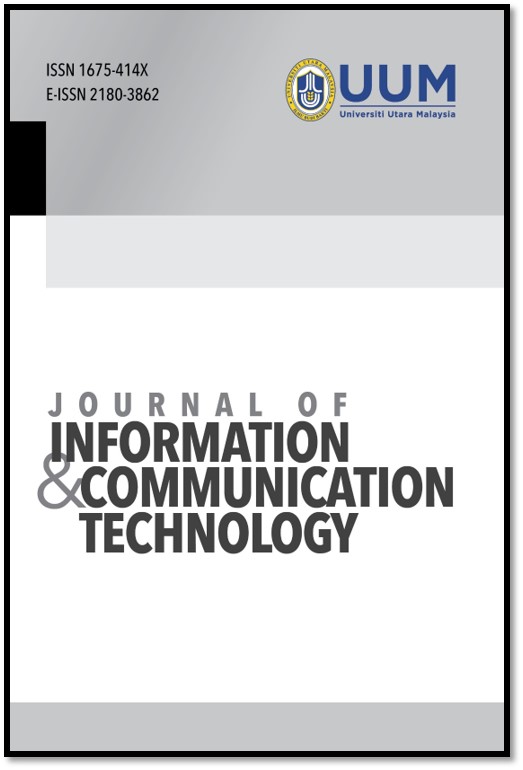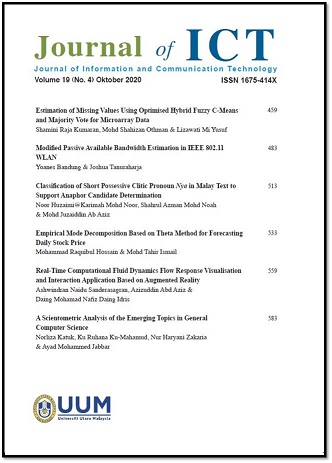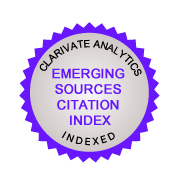EMPIRICAL MODE DECOMPOSITION BASED ON THETA METHOD FOR FORECASTING DAILY STOCK PRICE
DOI:
https://doi.org/10.32890/jict2020.19.4.4Keywords:
Forecasting stock price, empirical mode decomposition, intrinsic mode functions, theta method, time seriesAbstract
Forecasting is a challenging task as time series data exhibit many features that cannot be captured by a single model. Therefore, many researchers have proposed various hybrid models in order to accommodate these features to improve forecasting results. This work proposed a hybrid method between Empirical Mode Decomposition (EMD) and Theta methods by considering better forecasting potentiality. Both EMD and Theta are efficient methods in their own ground of tasks for decomposition and forecasting, respectively. Combining them to obtain a better synergic outcome deserves consideration. EMD decomposed the training data from each of the five Financial Times Stock Exchange 100 Index (FTSE 100 Index) companies’ stock price time series data into Intrinsic Mode Functions (IMF) and residue. Then, the Theta method forecasted each decomposed subseries. Considering different forecast horizons, the effectiveness of this hybridisation was evaluated through values of conventional error measures found for test data and forecast data, which were obtained by adding forecast results for all component counterparts extracted from the EMD process. This study found that the proposed method produced better forecast accuracy than the other three classic methods and the hybrid EMD-ARIMA models.
Metrics
Metrics Loading ...
Additional Files
Published
20-08-2020
How to Cite
Hossain, M. R., & Ismail, M. T. (2020). EMPIRICAL MODE DECOMPOSITION BASED ON THETA METHOD FOR FORECASTING DAILY STOCK PRICE. Journal of Information and Communication Technology, 19(4), 533–558. https://doi.org/10.32890/jict2020.19.4.4
Issue
Section
Articles





 2002 - 2020
2002 - 2020


























